News
Unichain Debut Raises Concerns About Uniswap’s Commitment to Decentralized Governance
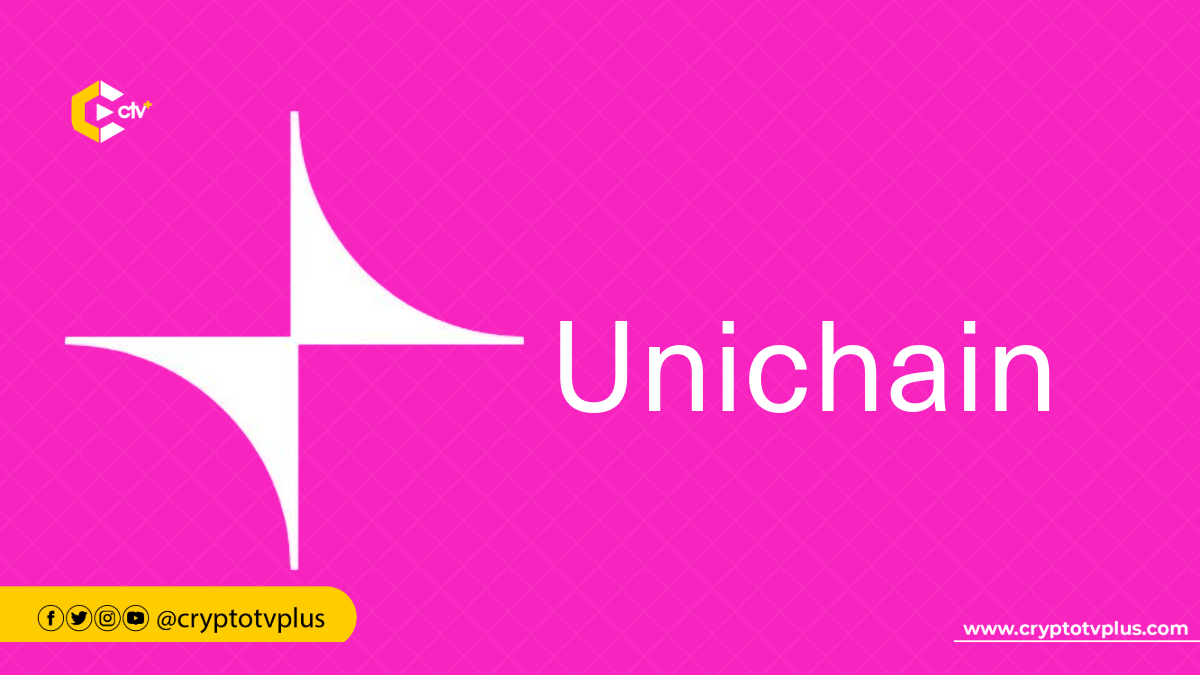
Uniswap, the largest decentralized exchange, recently launched its layer two blockchain, Unichain. However, some supporters have not received this move positively.
This move has raised significant concerns among key supporters and token holders, who feel that the decision bypassed the decentralized governance meant to guide Uniswap’s development.
Initially launched on the Ethereum network, Uniswap has evolved into a multi-chain decentralized exchange. Token holders and the broader community participate in its governance through a Decentralized Autonomous Organization (DAO).
This setup allows token holders to vote on key decisions, such as introducing new features or making significant platform changes.
However, Uniswap Labs, the company behind the platform, surprised many by launching its own blockchain, Unichain, without consulting the community or holding a DAO vote.
Typically, such a major decision would undergo a formal process, allowing UNI token holders to express their opinions and vote on whether to proceed.
Billy Gao, the Head of Governance at Stanford Crypto, who represents thousands of UNI token holders, expressed his frustration in a series of social media posts, pointing out that the sudden launch of Unichain “took many by surprise.”
He thinks Uniswap Labs rushed this decision, not allowing the community enough time to contribute. This, he argues, undermines the very idea of decentralization Uniswap was founded on.
“Though we totally respect and believe in the technical expertise of the @Uniswap team,” he said. “We believe community discussion is both essential and beneficial, being a core aspect of DAO governance.”
“Additionally, the community does not lack members with proficient technical expertise, while efficiency in decision-making should not be used as a reason to bypass these useful yet necessary conversations,” he added.
He also criticized the move for altering the UNI token’s original function. It was initially designed to be tied to Ethereum and manage the exchange’s governance. With Unichain, UNI is now connected to a new blockchain, effectively changing the token’s role without the community’s approval.
Gao’s concern raises the question: if major decisions can be made without input from the token holders, what real control do they have?
In addition to launching Unichain, Uniswap Labs has been making other changes in its ecosystem. One of the most controversial decisions was scrapping a previously planned feature known as the “fee switch.”
This feature would have allowed UNI token holders to receive a share of the exchange fees generated by Uniswap, potentially increasing the value of the token.
Many in the community were looking forward to this, as it would provide them with direct financial benefits. However, with the launch of Unichain, this proposal seems to have been abandoned, frustrating token holders who saw it as a way to increase the value of their tokens.
Another development that raised suspicions is Uniswap’s partnership with the Optimism blockchain. Optimism is a layer-2 solution built on Ethereum, designed to make Ethereum faster and more scalable.
Unichain is based on the Optimism technology stack, which has led to concerns about possible undisclosed deals between Uniswap Labs and Optimism.
Gao, while not formally accusing anyone, questioned why Uniswap chose Optimism over other, larger alternatives like Arbitrum, which has a bigger market share in Ethereum layer-2 solutions. The community is wondering whether there was a financial motive behind this decision.
These actions have reignited concerns about Uniswap’s commitment to decentralization. The platform’s governance model is meant to empower its community, giving them a say in important decisions through the DAO.
However, Uniswap Labs’ sudden move to launch Unichain without consultation has left many questioning whether it truly adheres to the principles of decentralized governance.
Uniswap has faced similar criticism in the past. For instance, it has been accused of giving too much influence to large financial players, such as venture capital firms like a16z and Binance, which hold significant amounts of UNI tokens.
These entities can sometimes sway votes in their favor, which weakens the influence of smaller token holders and makes the system less decentralized.



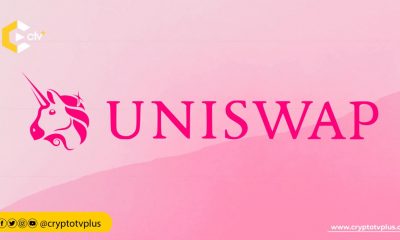





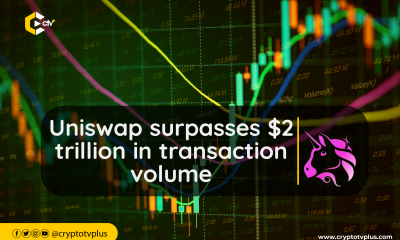

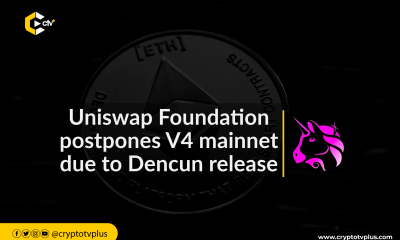

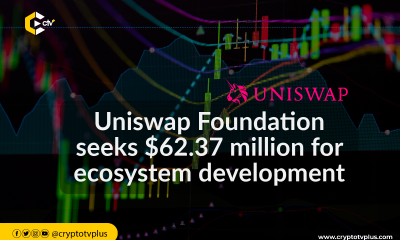











Pingback: Unlock TON Token Decentralized Governance Insights
Pingback: Claim Your Unichain Airdrop: Free Crypto Rewards Today - Crypto Airdrops